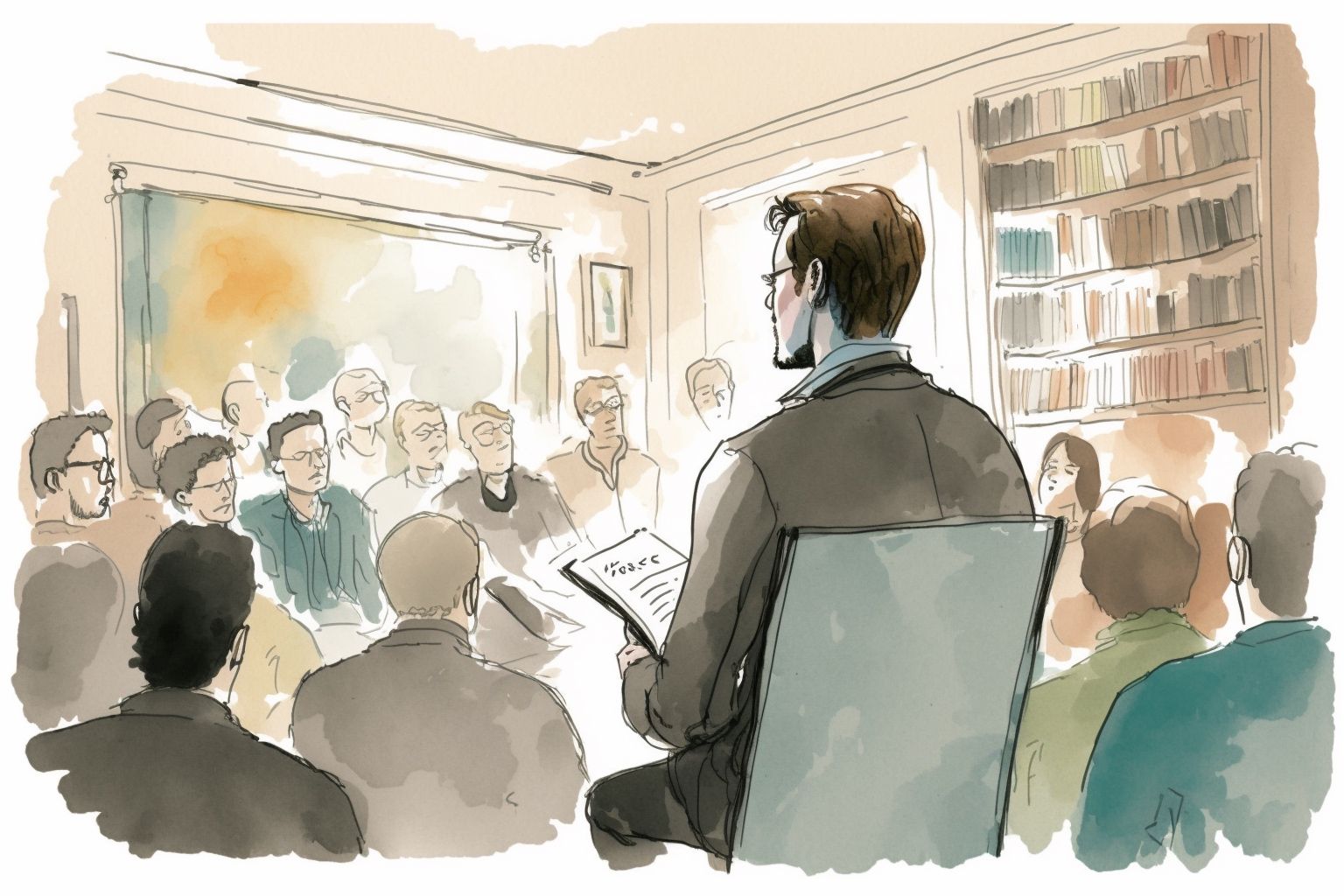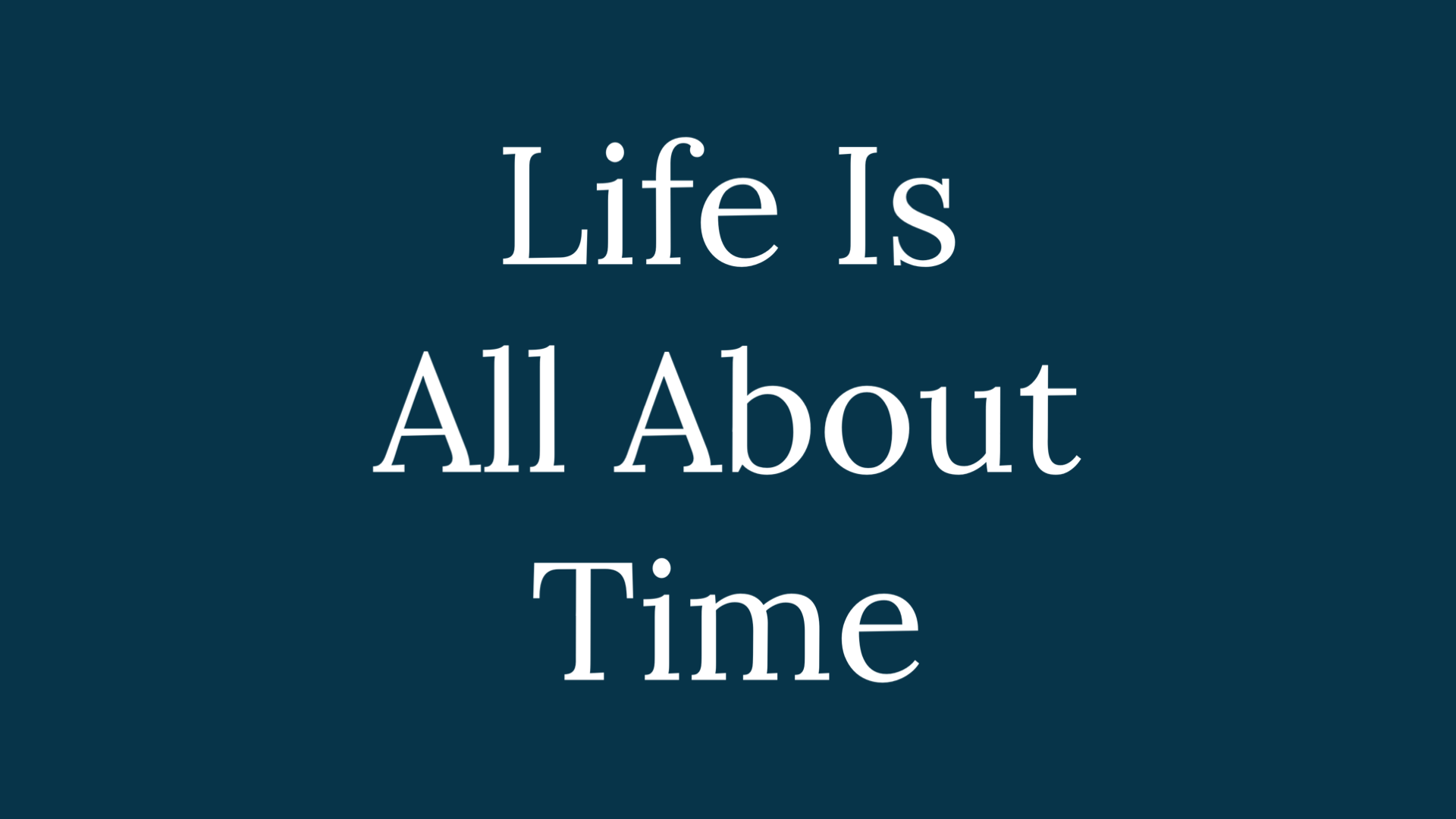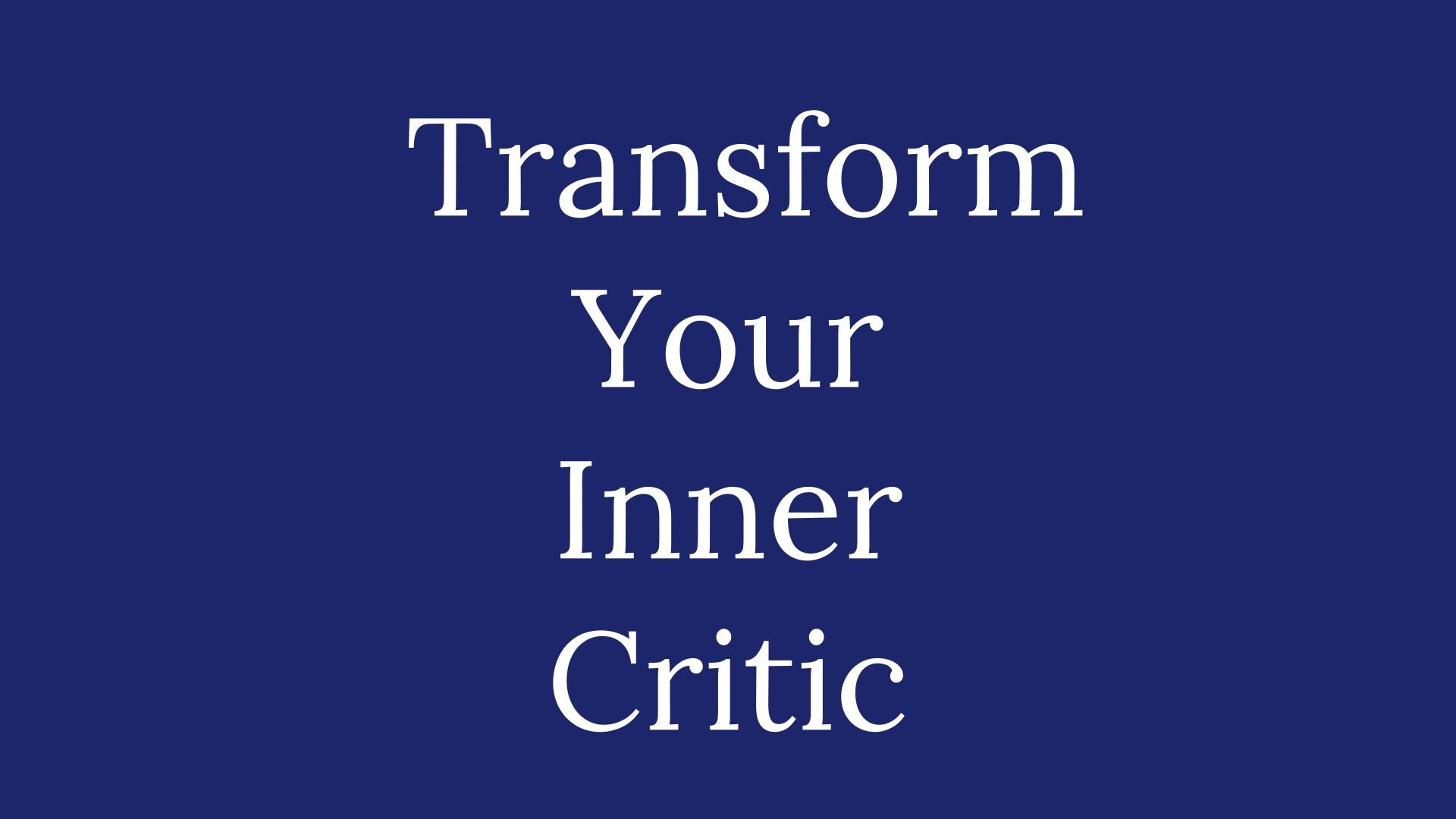The Power of Narrative and The Inner Dialogue

From a class taught in Bromley on Sunday 5 February.
What Is a Narrative?
When discussing narrative, we refer to a story that is told by a storyteller, such as the media. This can take the form of a talking head or a monologue in a theatrical production, or even a narrator. This style of storytelling is deeply rooted in human genetics and can be seen in the myths and legends found among different cultures across the world.
A famous literary researcher named Joseph Campbell studied these myths and identified common archetypes, such as the hero, the sage, and the princess. These archetypes appear in different cultures and often, the stories themselves are similar. Campbell is most well-known for his concept of the Hero's Story, in which a hero goes on a journey, experiences struggles transforms, and brings back their knowledge and skills to pass on.
Narratives in the modern world
Narrative storytelling is not unique to primitive cultures. Narratives are also told in the modern world. We are told stories by the media, which are often framed as simple hero-villain tales. The identities of the heroes and villains are dictated by those that influence media organisations such as financial sponsors, owners, and advertisers. In the modern world, our greatest narrative stories are historical tales. This is a primary way in which culture is manipulated. Historical figures become archetypes and are identified as heroes or villains. For example, British heroes are often seen as villains in the histories of other countries. The morality of a narrative story reflects the cultural perspective of the storyteller.
Narratives and the individual
This process of passing on information through stories continues. If we examine stories like Aesop's fables, and many children's stories, we see that they often carry moral lessons on right and wrong, as do historical tales. We adopt these narratives and they can become highly influential in shaping our understanding of others, our relationships with others, and even of ourselves. We can identify with a particular story, archetype, or character and adopt it as part of our own personal narrative. By adopting a narrative, we then integrate the moral message which adjusts our perception of right and wrong. Our world changes.
This process of passing on information and adopting narratives is how groups form, stay together, and grow. We share our narratives, find a common ground, and adopt a shared narrative that strengthens our connection.
In this series, we will examine the power of narratives and how deeply they are ingrained in our consciousness. We will explore the formation, creation, and evolution of our personal narratives and learn what power we have over them. This understanding is the key to understanding the impact of stories on our lives. I will discuss this in more detail in the coming classes.
Narrative and Meditation
In meditation, we become aware of our inner narratives and the narratives of others. This awareness helps us understand the narratives that shape our thoughts and communication with others.
Through meditation, we can observe these narratives and have power over them. One meditation technique that involves observing narratives is counting breaths, which uses the inner voice to count each breath in groups of ten. This technique can be effective for many people in helping us to become familiar and comfortable with inner narratives.
Listen On This Page
Listen On Podbean
Listen On Your Favourite Podcast App






Comments ()